Agile Cooperation between Business & IT
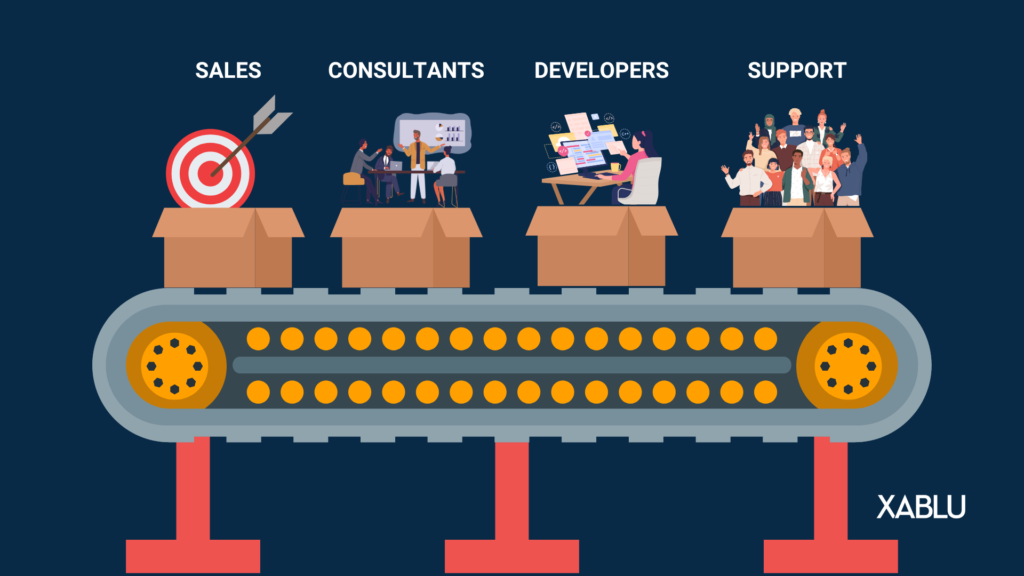
Agile Cooperation is a critical aspect of the Agile software development process, emphasizing the importance of close collaboration and communication between different departments, such as business stakeholders, developers, and operations. This principle, often ignored in practice, aims to break down silos and facilitate effective teamwork to deliver value to the customer in a predictable and repeatable way. To start small with Agile Cooperation, technical and business teams should come together to define their shared vision and goals, and regular meetings can help build trust and facilitate teamwork.
The Importance of Communication and Collaboration for Successful Software Development
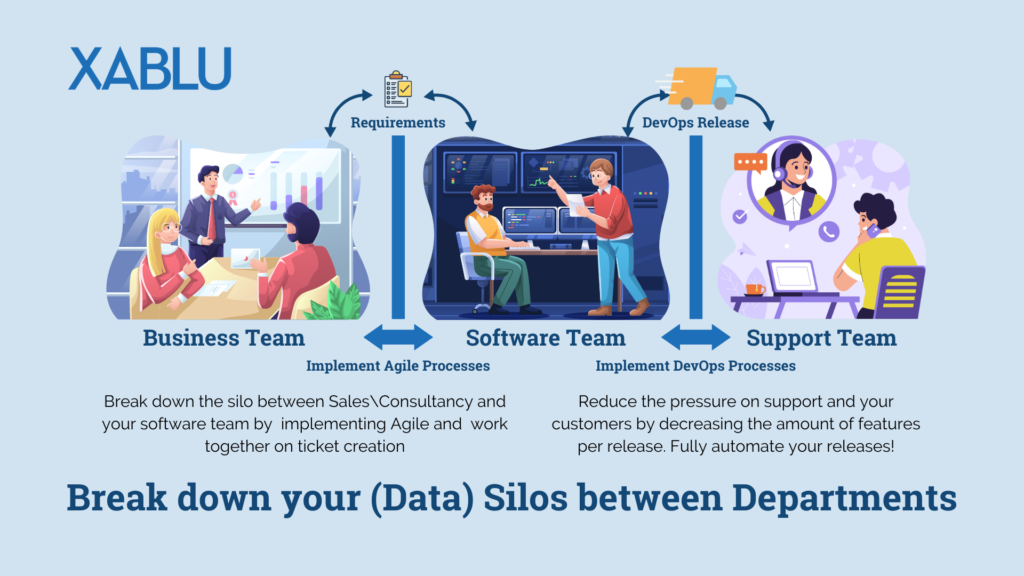
Breaking down organizational silos and promoting cross-team collaboration is essential for the success of any business. In this blog post, we explore key strategies for addressing silo mentality in leadership, centralizing cross-team collaboration, balancing extrinsic and intrinsic incentives, and aligning team goals with company goals. Discover practical tips for fostering a culture of communication, collaboration, and accountability, and learn how to ensure your teams are working together towards a common goal.
Building Responsible AI: Microsoft and OpenAI’s Approaches to Alignment
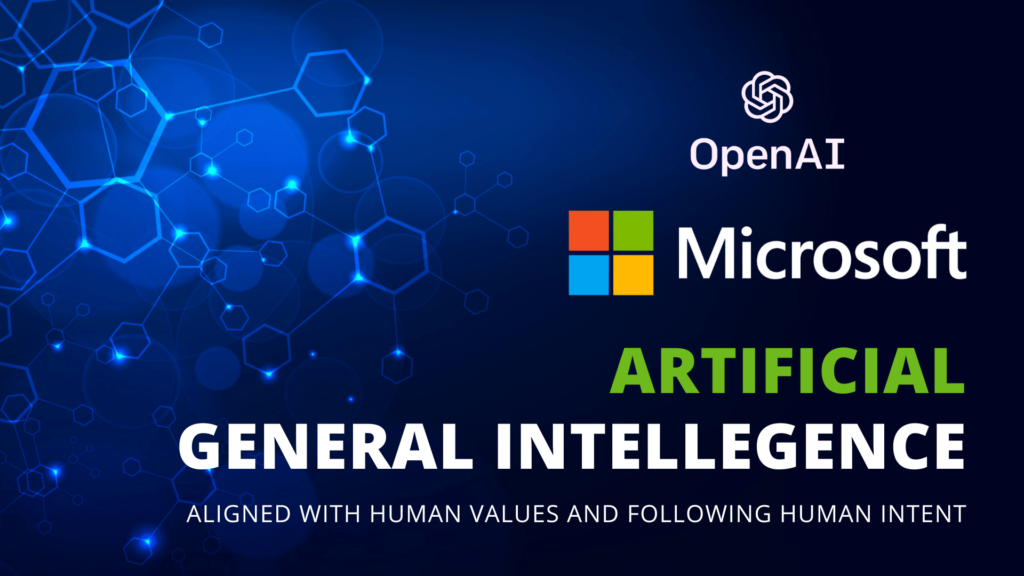
As artificial intelligence (AI) becomes more integrated into our daily lives, the need for responsible and trustworthy AI systems becomes increasingly important. In their quest to develop such systems, both Microsoft and OpenAI have outlined their approaches to responsible AI development. Microsoft recently shared its Responsible AI Standard, a framework to guide the development of AI systems, while OpenAI takes an empirical and iterative approach to aligning AI with human values. In this blog post, we will take a closer look at both companies’ approaches and how they can serve as valuable resources for software teams looking to implement responsible AI in their own work.
The Netherlands’ Most Popular App, DigiD, Goes Open-Source
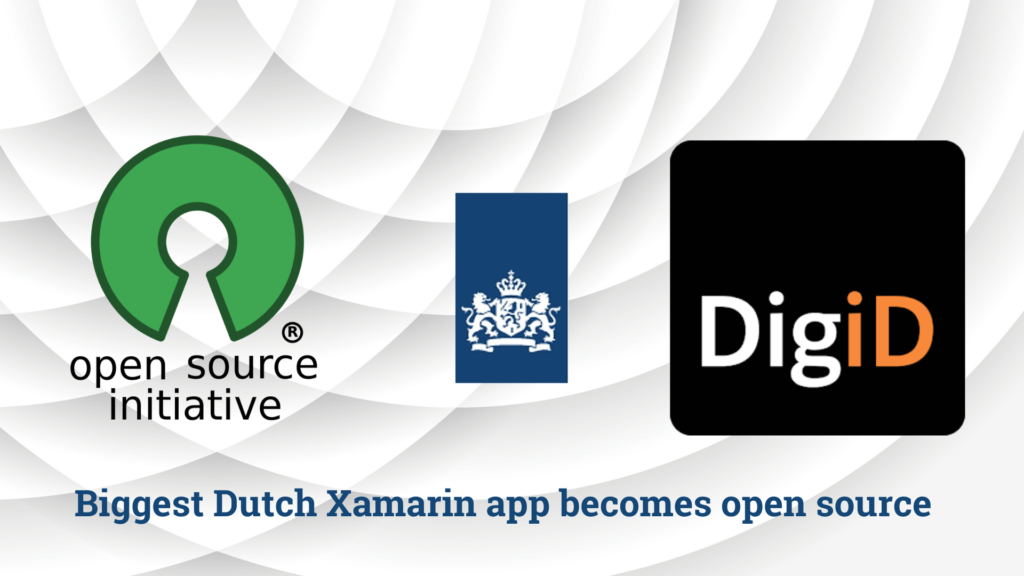
On January 16th, 2023, Logius, the Dutch government organization responsible for the DigiD app, released the source code of the app to the public. The DigiD app is a widely used authentication app in the Netherlands, with over 15 million active users. The release of the source code is in line with government policy to promote transparency in government-developed software. The source code is available on Github under the EUPL license, with certain exceptions for security and privacy concerns. As the open-sourcing of the DigiD app is a major development in the software development industry, it will be interesting to see how the community will respond to it and how it will be used.
Creating a Business Strategy for your Software Factory: A Comprehensive Guide
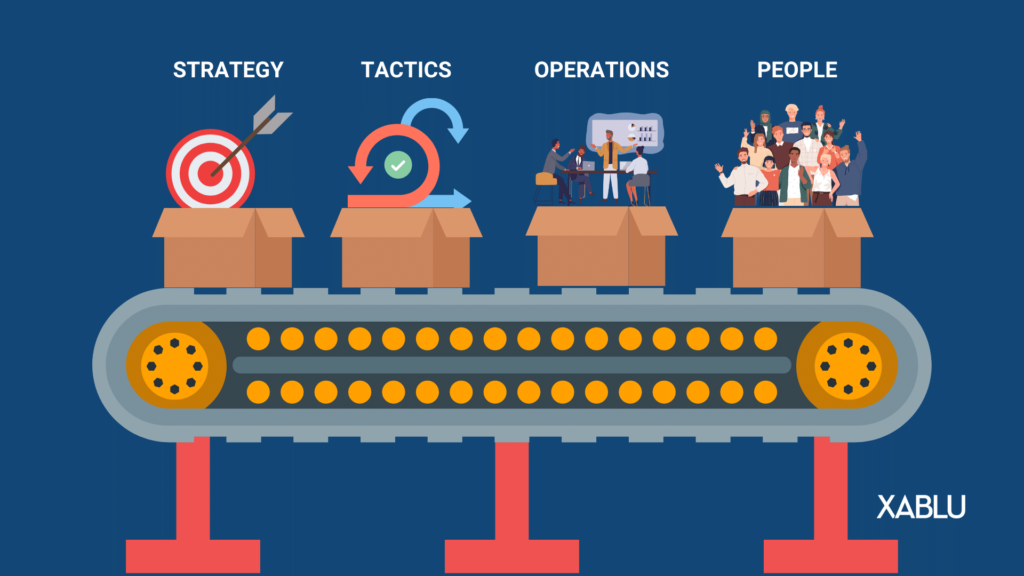
Learn how to create a successful business strategy for your software factory with our comprehensive guide. We cover key steps such as defining your strategic approaches, tactical phases, operational aspects and getting everyone on the same page. Follow these steps to align your goals with your target market and drive long-term success for your software factory.
Maximizing Productivity with Spotify Backstage
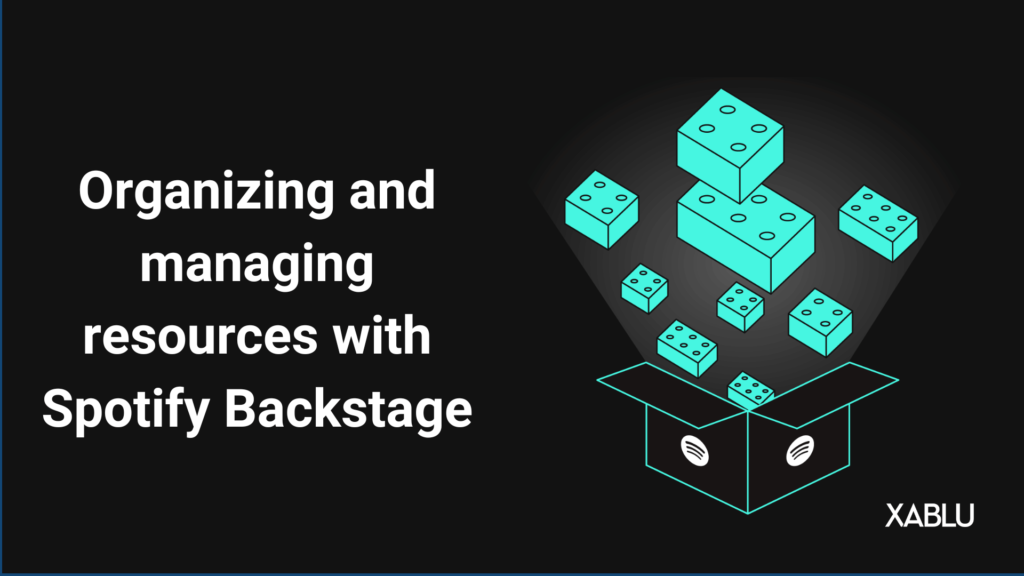
Spotify Backstage is a developer portal that helps engineering teams organize and manage their resources in one central location. It features a catalog for tracking and managing internal applications, libraries, pipelines, and websites, as well as a scaffolder for creating new projects using approved architectural blueprints. It also includes a docs-as-code solution for storing and accessing documentation with code. In this blog post, we’ll take a closer look at the features and benefits of using Backstage, as well as the pros and cons of choosing it as your internal developer platform. We’ll also provide some tips for evaluating it versus other specialist solutions.
Anatomy of a great Software Factory: The growing software team
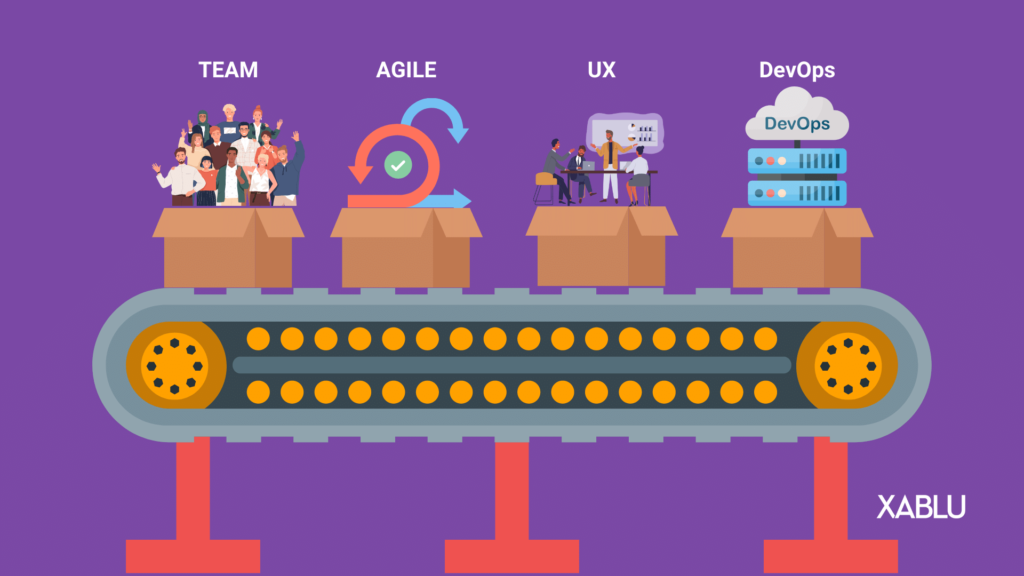
A growing software team can be like a well-oiled machine. With the right culture and processes in place, your team can churn out quality software at an impressive rate. But to create a true “software factory,” you need more than just a team of skilled developers. You also need to engage managers who understand how to participate in the process, QA testers to make sure everything works as it should, and support staff to help with customer service and other tasks. With the right people in place, your software team can become a true force to be reckoned with!
Kotlin
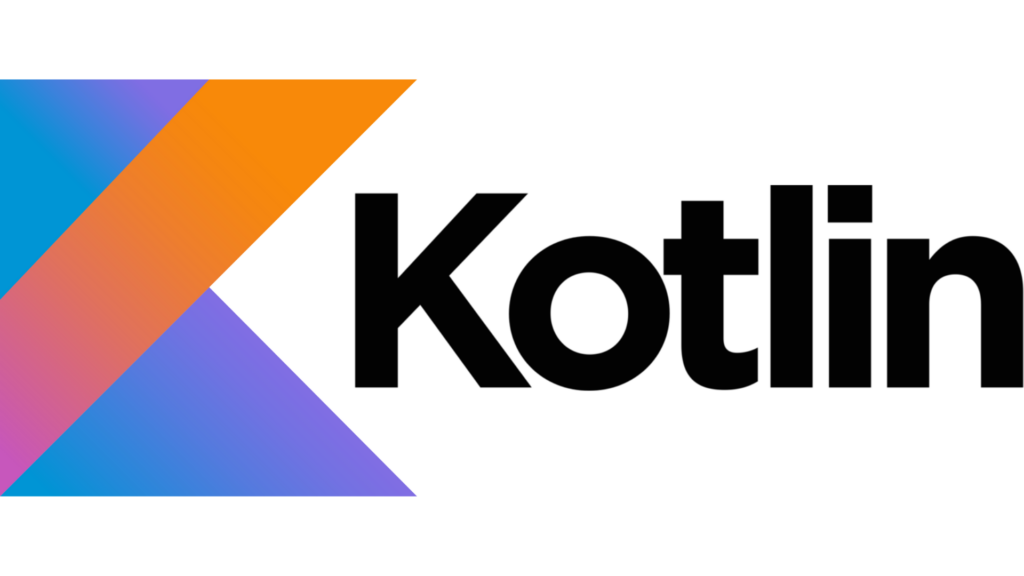
Kotlin is a modern programming language that combines the best features of Java and other successful languages. It is designed to be easy to understand and write, making it a […]
Minimal API with .NET6
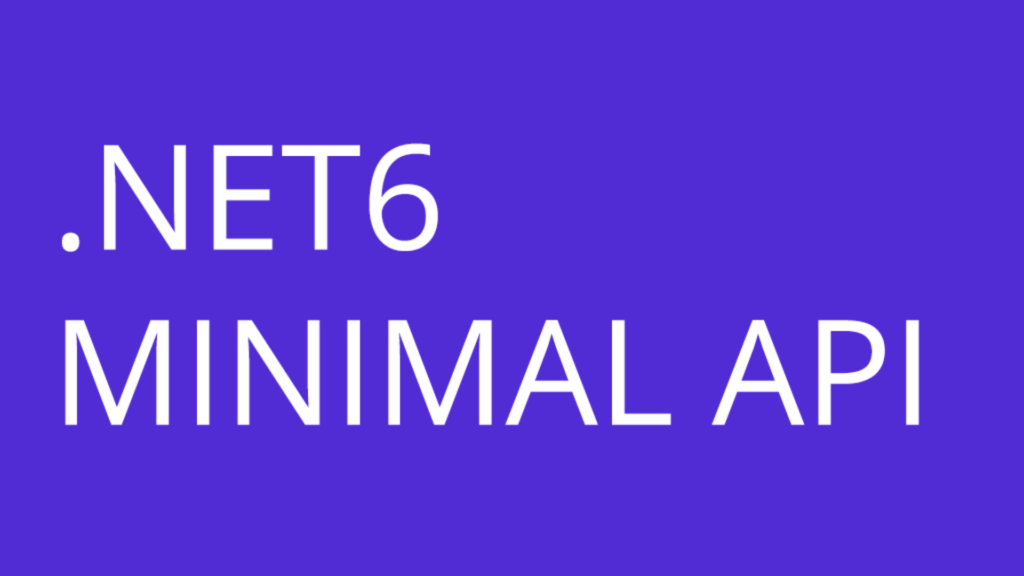
In November we are receiving .NET6 and Visual Studio 2022 releases, these are going to be the first stable versions available to the public.For the time being we can have […]
